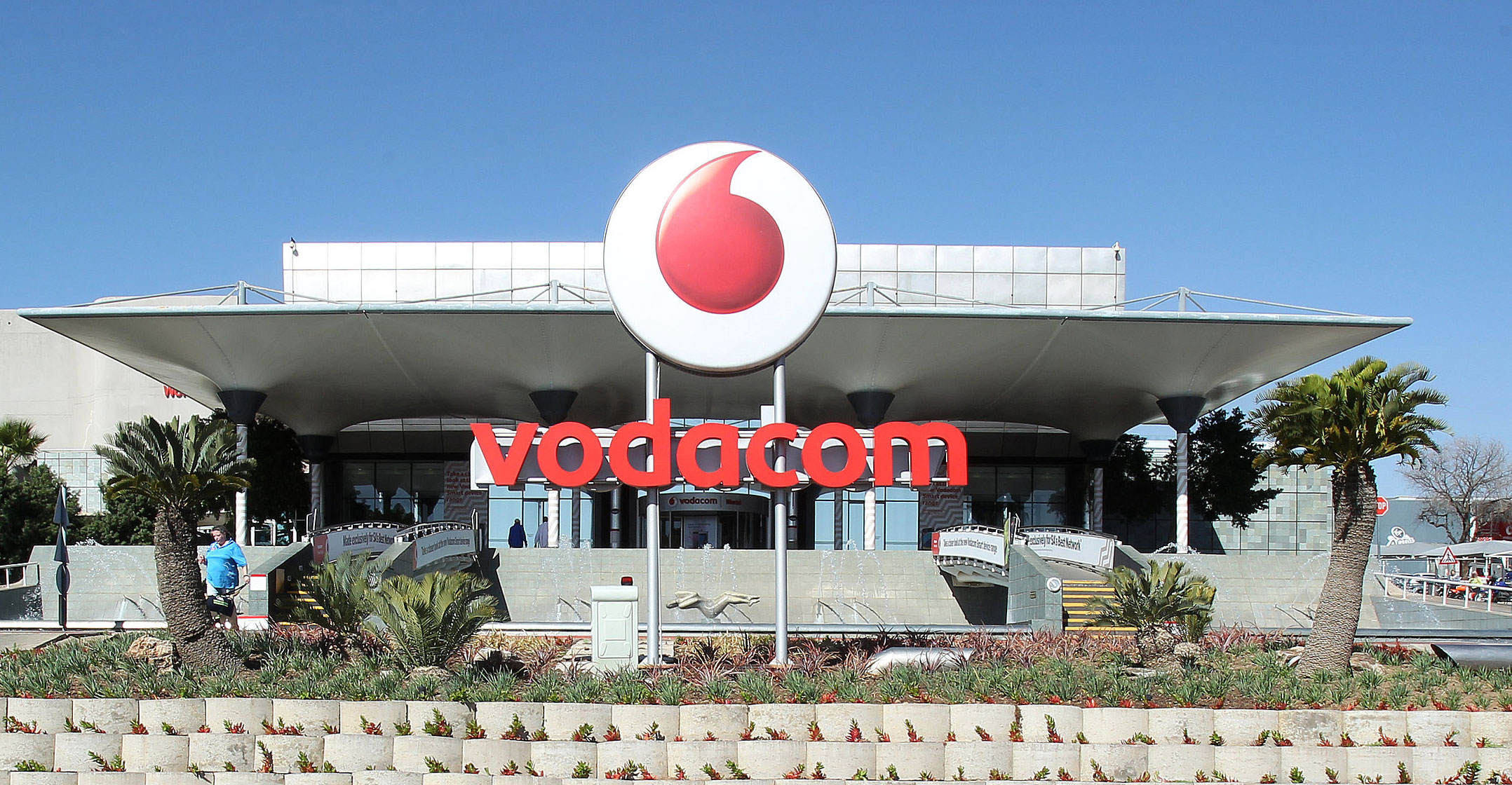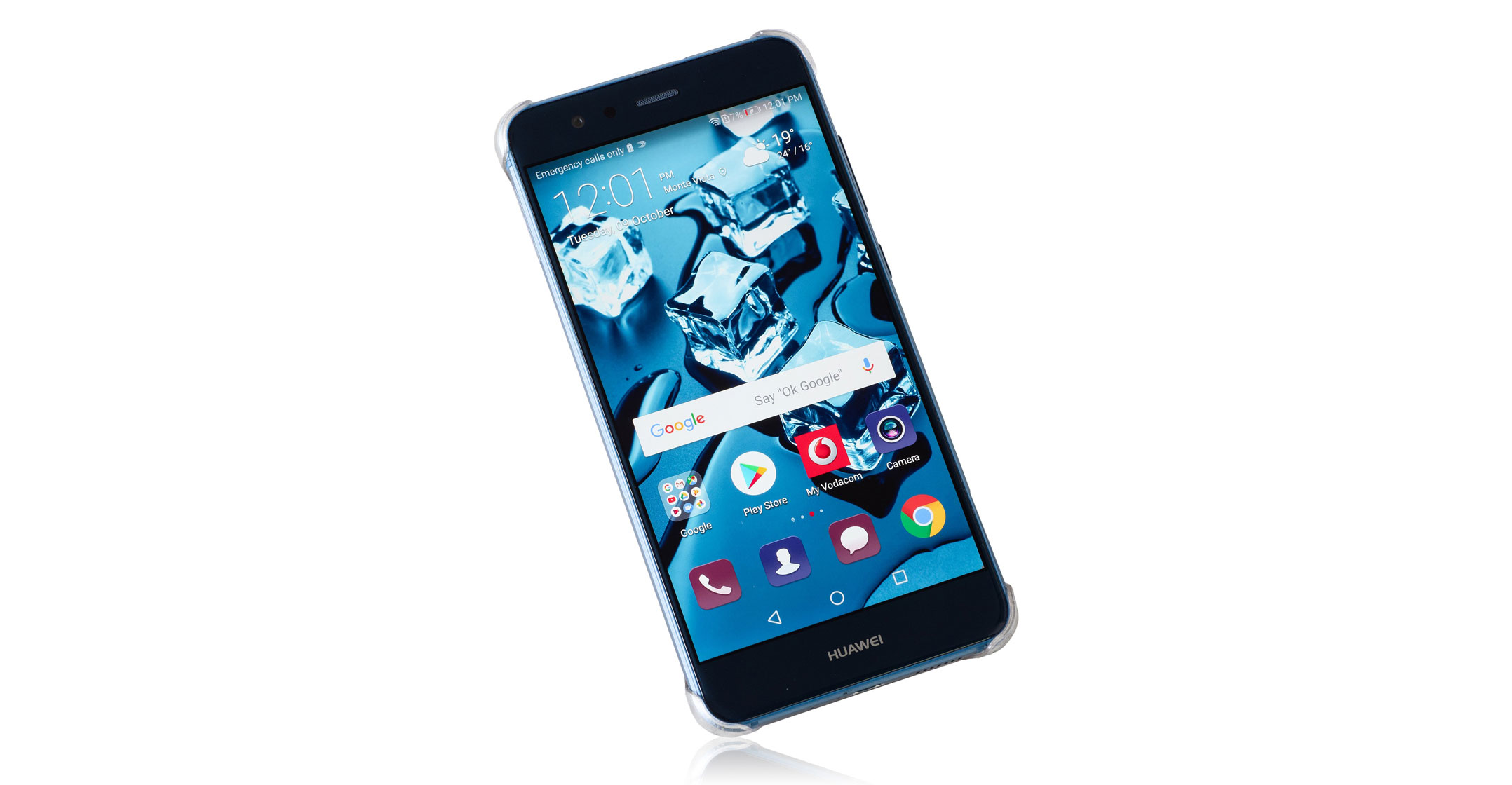 Vodacom said on Tuesday that it has begun network-locking some smartphone devices for the first time in many years.
Vodacom said on Tuesday that it has begun network-locking some smartphone devices for the first time in many years.
Chief officer of the company’s Consumer Business Unit, Jorge Mendes, told journalists at a media briefing that, contrary to popular belief, there are no regulations that prevent South African operators from network-locking phones, preventing them from being used outside the network on which they were sold.
The practice is common in many markets, including the US.
Mendes emphasised that the move by Vodacom should not be seen as anti-consumer, but rather a way for the operator to subsidise handsets more aggressively, particularly at the entry level where affordability is a major issue.
First National Bank’s mobile virtual network operator, FNB Connect, became the first market player in at least a decade to sell network-locked phones when it introduced new models about two years ago.
The major operators have steered away from doing this following a “gentleman’s agreement” between them that they would no longer do so.
But Mendes said the market has changed and there’s a need to make smartphones more affordable to end users. One way of doing this is to network-lock phones for a period of, say, 12 months. He said Vodacom’s main rivals are also experimenting with network locking in “small quantities”.
He said the company has started locking thousands of devices for a one-year period to test consumer reaction. Users can unlock the devices if they want, provided they pay a “small fee”.
‘Choice’
“It gives consumers a choice — pay R799/month for an open device or R599 for a network-locked device,” he said. “If you already made the choice to be with a network, the R599 proposition jumps out at you.”
Consumers, he emphasised, will have the option of choosing an unlocked phone, but may have to pay more for it than the network-locked version.
“We are prepared to invest more aggressively to bring prices down, but we need some protection so we can get a recovery from that investment,” Mendes said.

Meanwhile, Vodacom said it hopes to switch off most of its legacy 2G network within the next five to six years after transitioning all its retail clients to 3G and 4G handsets.
“There’s an investment that is quite significant to accelerate that plan; we are looking at what we can achieve. It’s huge investment and it needs to be an industry-led initiative,” Mendes said.
Vodacom will continue to maintain a “very thin layer” of 2G so services such as vehicle tracking and water and electricity metering, which use the legacy 2G carrier, are unaffected. — (c) 2019 NewsCentral Media




